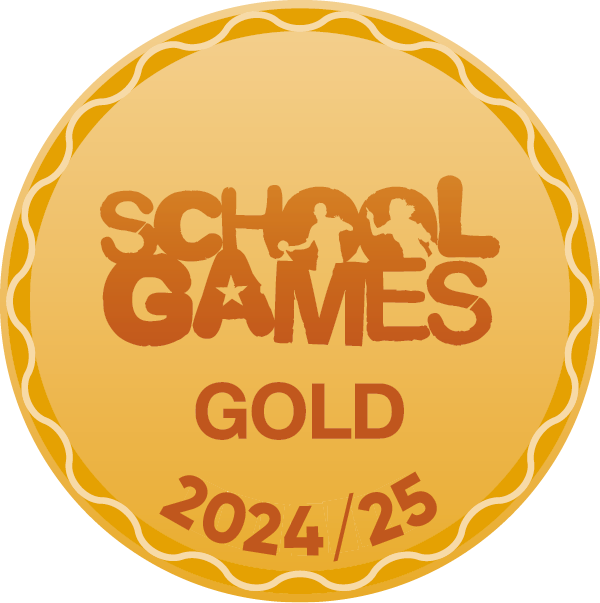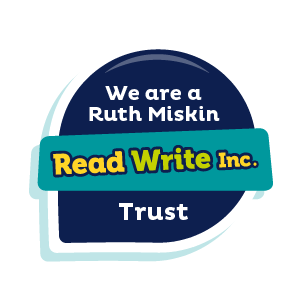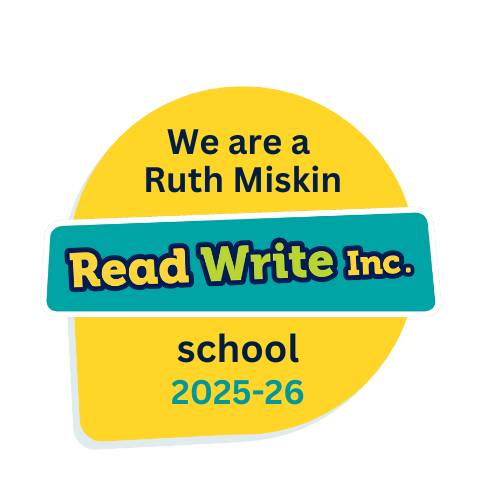Our Curriculum
We have built our curriculum using our local knowledge to meet the needs of our community in order to achieve our school Vision, Mission (RACE: Respect, Aspiration, Community, Enquiring Minds) and Values. Our curriculum is purposeful and inspiring. We expand the lives of our families and encourage our children to use what they have learnt to become exceptional citizens.
We are proud to offer learning opportunities and experiences which go well beyond the requirements of statutory frameworks. We aim to provide a memorable, rich and invaluable beginning for all our children which encourages life long attitudes for learning for their spiritual, moral, cultural, mental and physical development.
The Early Years Foundation Stage - Nursery and Reception

Throughout Nursery and Reception your child will be learning skills, acquiring new knowledge and demonstrating their understanding through 7 areas of learning and development. Children will mostly develop these 3 prime areas first:
-
Communication and language
-
Physical development
-
Personal, social and emotional development
These prime areas are the most essential for your child's healthy development and future learning. As children grow, the prime areas will help them to develop skills in these 4 specific areas:
- Literacy
- Mathematics
- Understanding the world
- Expressive arts and design
The Equals Curriculum - The Hive
In addition to maths and English, we deliver selected aspects of the semi-formal Equals Curriculum for children in our SEN Unit (The Hive): My Art, My Play and Leisure, The World About Me, My Outdoor School. The curriculum is developmental in nature and open to personalisation – it starts at the beginning of the individual pupil’s learning journey and aims for the highest level of independence possible. It cover all stages of education and is not directly related to either age or key stage. Learners fit where they will according to their individual abilities, interests and learning journey.
The National Curriculum - Class 1 to 6
For the majority of children from Year 1 to Year 6, we deliver the National Curriculum (NC) in the core subjects of English, Maths and Science, and the foundation subjects of History, Geography, Art and Design, Music, Physical Education, Design Technology and Personal Social Health and Economic Education (PSHE, including Relationship Education) and Computing. French is taught to pupils from year 3 to year 6. Religious Education is taught in accordance with the Diocese of Manchester's Agreed Syllabus (from reception to year 6).
Link to: National Curriculum.
End of Year NC Expectations: Leaflets for Parents and Carers
We know that each year there are pieces of knowledge and skills which build on previous learning and are essential to make sure that children are ready for the next phase/year of learning. These handy leaflets are to help our parents and carers see what their child needs to be able to do by the end of the school year. We value the help and support you can give your children at home to achieve these.
Assessment
At St James’ Church of England Primary School, effective assessment is essential to quality teaching and learning and is a part of all teaching strategies to help identify areas for development and chart progress. It helps us to strengthen learning across the curriculum and helps teachers enhance their skills and judgements. This is a continuous process throughout school undertaken by all the teaching staff through formative assessment - marking, feedback and observations - and also through summative tasks and tests. The children are encouraged to be part of this process and develop their own skills in assessing their own performance against their learning outcomes. Summative assessments support judgements about a child's attainment against their age related expectations - the language we use is pre-key stage, working below, working towards, expected, greater depth. Where children have special educational needs and/or are working significantly below their year group expectations we use PIVATs to track and assess small steps of progress.
There are statutory assessments tasks and tests at different points during your child's school career.
- Early Years Foundation Stage Profile (end of Reception)
- Phonics Screening Check (Year 1 and for some Year 2)
- Multiplication Tables Check (Year 4)
- End of Key Stage 2 SATs (Year 6)
~
Other Curriculum Activities and Enrichment Opportunities
At St James' we work together to ensure your child has a broad and balanced curriculum from Nursery to Year 6.
Sports and Swimming
During the week all children in EYFS and keys stages 1 and 2 have a sports lesson delivered by our EdStart sports coaches, Jake, Kevin and Kian, so that the children experience high quality tuition in sports like volleyball, football, hockey, netball, cricket and athletics as well as dance and gymnastics. Additional physical activity sessions are provided to support targeted children. Children in The Hive and Class 5 children have swimming lessons and there are after school sports clubs on different days available to key stage 1 and 2 children.
School Library
Children are given the opportunity and are encouraged to borrow books of their choice from our school library to read at home.
Music
We work closely with Tameside Music Service to provide music opportunities for all our children. Mr Beswick sings and plays his guitar with children in early years and in the Hive encouraging enjoyment, engagement and exploration of music for all. Mrs Chambers provides whole class music tuition from Class 1 to Class 6, ranging from percussion, glockenspiels, recorders, ukuleles and digital music technologies. Additional music activities are available through after school clubs. We have a fantastic longstanding partnership with the Hallé Orchestra and have been part of their HalléInspire Project which enables our Key Stage 2 pupils to work alongside Hallé musicians to compose and perform music linked to their topic. Class 5 take part in the annual 'Come and play with the Hallé' project which culminates in them performing alongside the Hallé orchestra at the Bridgewater Hall in Manchester.
Outdoor Learning and Cooking
Our children have the opportunity to find out about growing and cooking first hand in our fabulous outdoor gardens and polytunnels which they follow up with our in-school cooking sessions. Each class has a half termly 'gardening week' with Mrs Sykes.
Pupil Leadership
Children in KS2 have the opportunity to apply to be part of the Pupil Advisory Board at St James'. Overseen by the Senior Prefect and Prefect from upper keys stage 2, there are 6 pupil departments: Education; Sport, Media and Culture; Environment and Safety; Rights and Justice; Vision, Values and Ethos and Health and Wellbeing. As well as being active teams in school, the leaders of each team also meet termly with their counterparts from across all the FA1 schools to share good practice and celebrate achievements. Children in Class 4 take part in the TPQL (Trust Primary Qualification of Leadership) to learn about and implement the essential skills of leadership: communication, respect, collaboration, thoughtfulness, adaptability and creativity.
Remote Learning
In the unlikely event that a pupil or pupils cannot attend school in person, St James' will make every effort to provide high quality remote education in line with the non-statutory government guidance, 'Providing remote education: guidance for schools'.
From the guidance: Remote education should only ever be considered as a last resort where a decision has already been made that attendance at school is not possible, but pupils are able to continue learning. Circumstances where it might not be possible for pupils to receive in person education fit into 2 broad categories:
-
school closures or restrictions on attendance, where school access for pupils is restricted.
-
individual cases where a pupil is unable to attend school but is able to learn.










